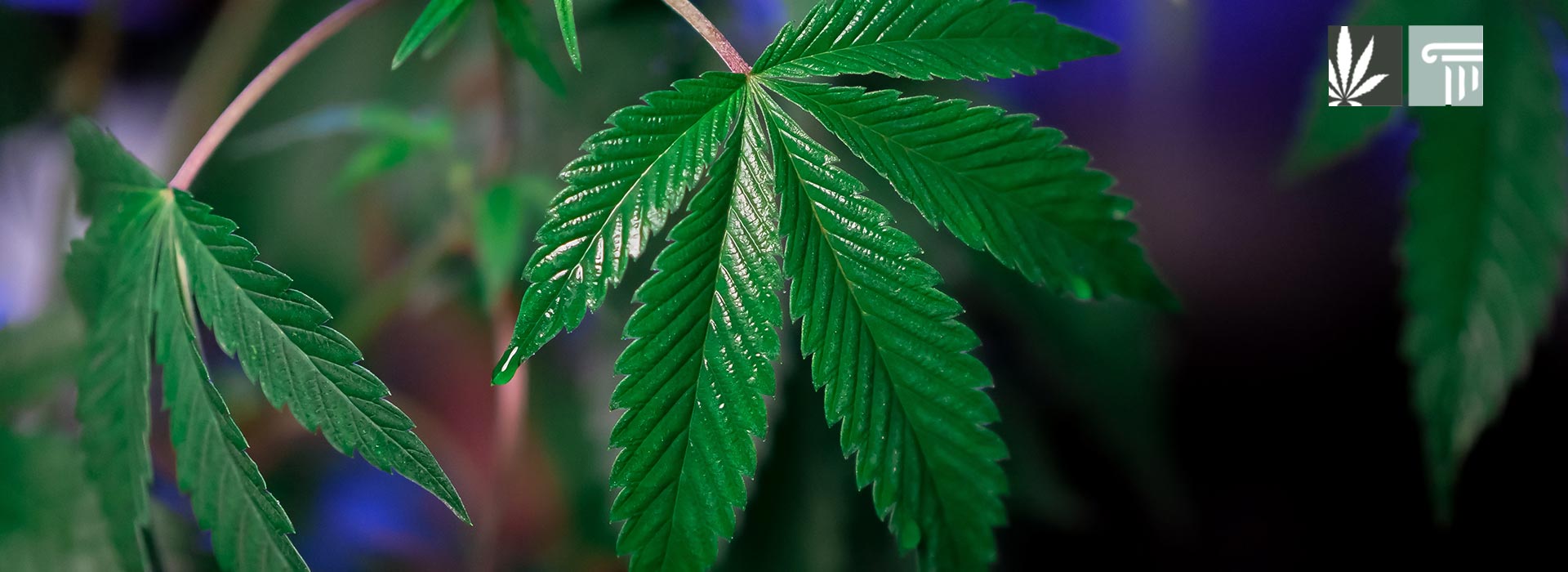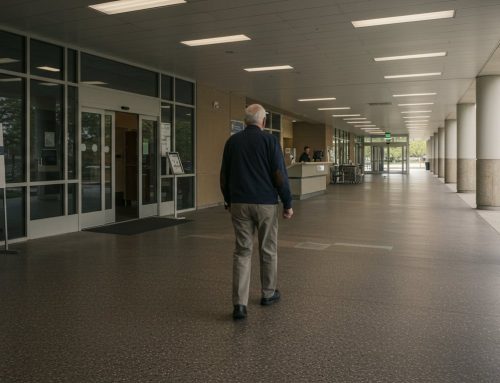Marijuana reform activists in Oklahoma submitted two cannabis-related ballot initiatives for next year’s mid-term elections.
The first would legalize recreational cannabis, while the second would prompt an overhaul of Oklahoma’s medical marijuana program.
After turning both proposals into the secretary of state’s office, the group – Oklahomans for Responsible Cannabis Action (ORCA) – now awaits approval before they can begin gathering signatures to qualify the proposed constitutional amendments for the ballot. In order to qualify, ORCA needs to collect a minimum 177,958 valid signatures from registered voters for each measure.
ORCA’s director, Jed Green, said the proposals were put forward to remedy issues in the state’s fledgling medical marijuana program – established through a successful 2018 ballot measure – and create new opportunities through adult-use cannabis sales.
The recreational marijuana measure would allow adults 21 and older to possess up to eight ounces of cannabis purchased from licensed dispensaries, and cultivate up to 12 plants for personal use.
Cannabis sales would face a 15 percent excise tax, with some of this money used initially to fund implementation costs for the new legal industry. Once this is covered, the rest would go towards funding programs and services such as upgrades to water infrastructure, law enforcement training, research into marijuana and services to people with disabilities and with substance misuse issues.
The recreational measure also contains provisions to allow for resentencing and expungements for individuals with low-level cannabis convictions.
The medical cannabis proposal would create the Oklahoma State Cannabis Commission to manage all aspects of the state’s medical cannabis program. It would initially keep the current 7 percent excise tax on medical marijuana sales but, in line with provisions in the adult-use measure, would eliminate this tax within a year of enactment.
What’s more, if passed into law, medical marijuana dispensaries would be allowed to sell their products to recreational customers within 60 days of the law change taking effect.
Oklahoma marijuana reform activists tried to qualify an adult-use legalization measure for the 2020 ballot, but were hampered at the signature-gathering stage by social distancing guidelines brought into force due to the coronavirus pandemic.
Oklahoma is one of a growing number of states where citizens are turning to the ballot process in order to pursue marijuana reforms. Activists in Arkansa, Missouri, North Dakota, Ohio, and South Dakota are all attempting to put the question of recreational cannabis legalization to voters next year, while groups in Wyoming, Nebraska and Idaho are trying to qualify decriminalization and medical cannabis measures.






